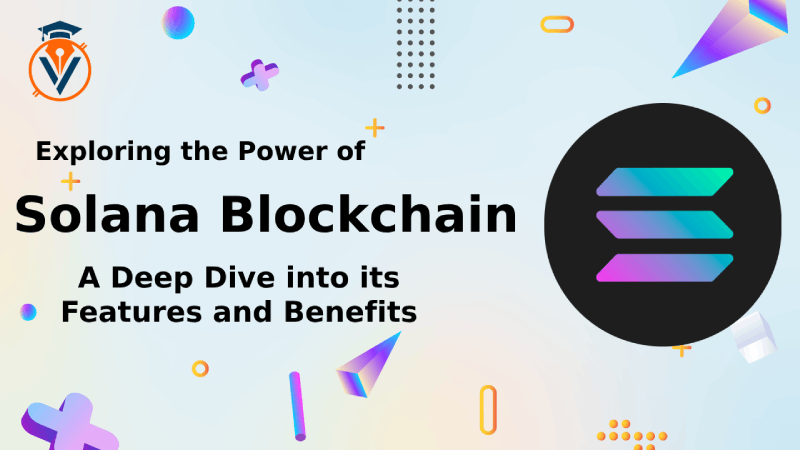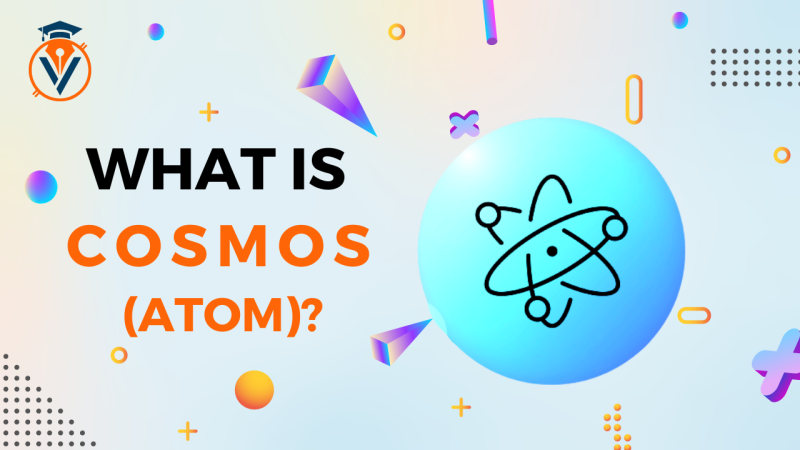DeFi is the abbreviation for Decentralized Finance. It is in charge of moving financial institutions, products, and derivatives from the old world to the Blockchain. They may operate in a decentralized, non-intermediary, and enterprise- and government-independent manner.
Smart contracts on the Ethereum blockchain are currently used to create most of these items. Cheaper EVM blockchains like Binance Smart Chain or Polygon often contain clones of these protocols.
In the traditional world, financial goods are opaque, and clients are uninformed of working. When a person makes a fixed-term deposit, he receives 2% interest, but when he takes out a loan, he pays a higher interest rate (6%).
We tend to assume that the difference between these rates is the bank's business, but this is not the case. Banks and financial organizations use the money to undertake a variety of maneuvers and leverage to maximize the capital's yield.
These behaviors, which frequently lack control and discipline, result in financial crises and bank failures, such as Lehman Brothers in the 2009 crisis, which was rated AAA until the day before they went bankrupt. Consider Argentina's disaster in 2001.
DeFi advocates a paradigm shift where users and the public may see and audit financial protocols, goods, and derivatives.
What does this mean in practice?
As a user, you can examine the procedures used by each product to see if it does what it claims to accomplish. Among other things, I can check at transaction history, fees charged, the volume traded, collaterals, and the teams behind it.
Not everyone has the opportunity to examine the source code of a smart contract, just as not everyone who uses Linux has studied the entire kernel. Still, we have a large community of people who can, and we may consult them.
The topic of control is another essential factor to examine. We take up custody of our money to a bank when we make a deposit, and we've seen what that may lead to in the current situations of Argentina and Greece: deposit seizure and subsequent saver fraud.
The tokens are held by the user in DeFi (in strict protocols), not by the protocol or the organization that designed it. It increases the user's security (but also more accountability).
In the traditional world, the laws of the free market remain valid as long as they protect and perpetuate the system. Thousands of individual investors on Reddit, for example, decided a few months ago to try a short squeeze on New York-based hedge funds.
The Securities and Exchange Commission (SEC) encouraged brokers like Robin Hood to change the game's rules so that its users could no longer buy such shares, arguing that they were seeking to destroy companies affected by the pandemic (since they would make investment funds go bankrupt). That was unfortunate.
Instead, smart contracts in DeFi are carried out automatically and deterministically. While they can be updated, there are no rule changes in theory (there are other risks). I'm confident that if I do A, the result will be B.
According to estimates, 30% of the world's population lacks access to essential financial services like a bank account, credit card, or loans, much alone securities (stocks, bonds, or financial derivatives) (futures, insurance, etc.). As a result, they will be at a disadvantage.
It's a frequent notion that folks who aren't part of the mainstream financial system can't manage money or live in extreme poverty, but this isn't entirely accurate.
They work, spend money, lend it, return it, and run small businesses that might greatly profit from these items, but they lack a credit history and hence cannot access them since they live outside major cities.
DeFi's products have always been available internationally. Anyone on the planet may gain access without KYC (identity validation) or restrictions.
DeFi will allow 1/3 of the world's population to keep their money safe, make it work, and receive credit, among other things. Rain insurance, for example, may be purchased by a farmer in the middle of Africa to protect his harvest. Without the use of middlemen.
What are the most components in DeFi?
Stablecoins: Stablecoins are a sort of cryptocurrency that trades at the same rate as the dollar, allowing you to price and collect crypto without concern of price fluctuation. Some are decentralized and collateralized in cryptocurrency, while others (USDT and USDC) are centralized and collateralized in dollars (DAI).
Oracles are systems that connect real-world data to the Blockchain (such as soybean prices or the Federal Reserve rate), allowing smart contracts to make decisions based on it.
- The most fascinating are Chainlink DAOs: decentralized autonomous organizations (DAOs) allow any organization to govern and operate itself on the Blockchain in a decentralized manner. They distribute tokens instead of shares, which give equity (ownership) and project control.
- Synthetics: Synthetics are tokens that trade at the same price as real-world assets (a tonne of soybeans or lithium, a share of tesla). For example, they allow me to buy a Tesla for USD 10, which I would not be able to do in the previous world since I would have to buy at least one.\
- DEX: A decentralized exchange (DEX) allows you to trade tokens in the same manner you would on a traditional exchange, but fully anonymously and without the risk of dealing with a counterparty. Venera Swap and Uniswap.
Lending and Borrowing: systems like Venera allow you to deposit tokens and earn a return, while the tokens are lent to those who repay the loan with interest.
Flash loans are complex processes that allow me to borrow many tokens (money) and use them as long as I repay them in the same block in which I received them.
Conclusion
People believe that the future has here, that individuals who study DeFi will have a competitive advantage over those who do not. Those who do not will gradually become obsolete in the financial industry over the next ten years on the Ethereum network.
It is an unstoppable trend that governments must first recognize before attempting to stifle in any way. They intend to use blockchains to create centralized fiat currencies.
In the future, centralized and decentralized systems will coexist. Each person must choose which option to choose in each situation, taking into account the advantages and disadvantages of each. In addition to the freedom it affords, the decentralized world is challenging, and it comes with a lot of responsibility.


